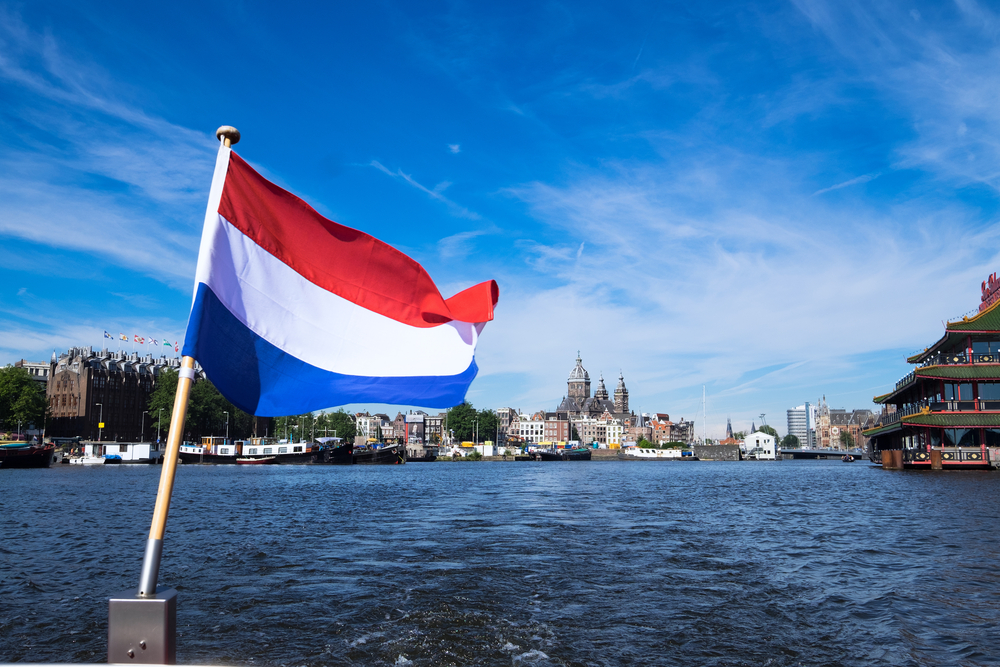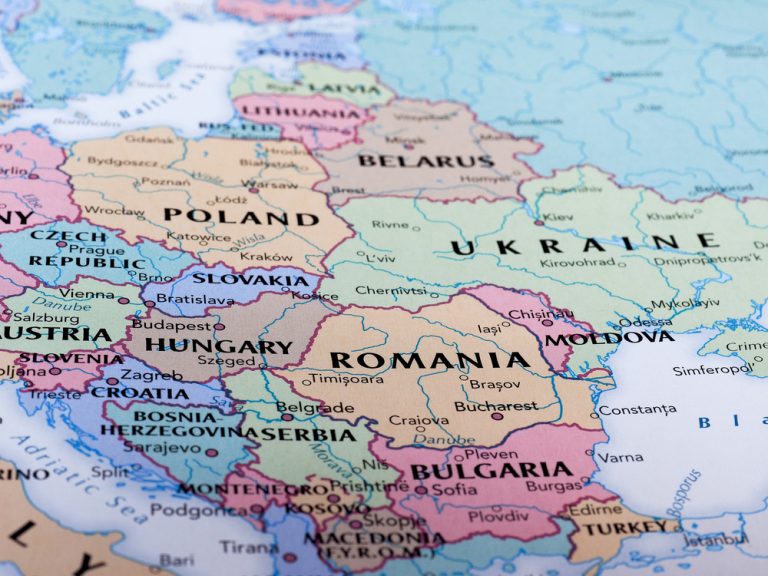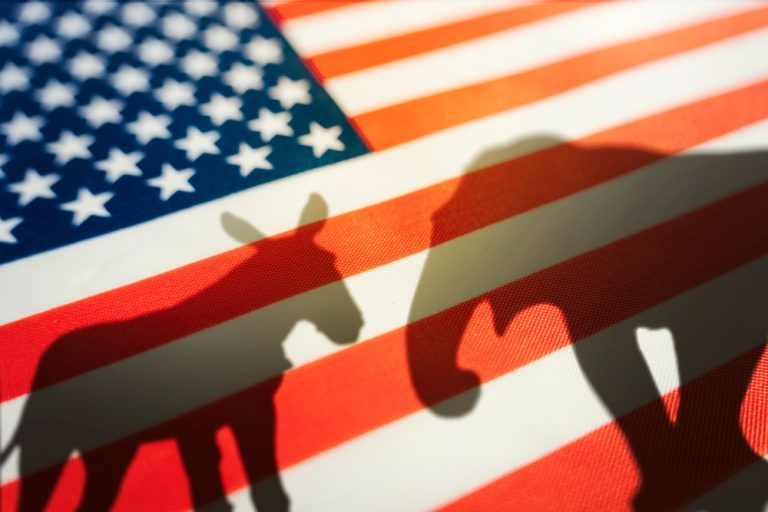
The Netherlands’ special sanctions path fails
After the start of the sanctions confrontation with Russia, which was a difficult test for the EU economy, each country chose its own specific path. Hungary, for example, decided to openly sabotage the EU-wide sanctions packages, constantly blocking them and maintaining all preferences from trade with Russia. Viktor Orbán sought not only to minimize national losses from economic sanctions, but also to make good money from potential re-exports of Russian oil and gas. Poland and the Baltic states, on the contrary, independently initiated more and more stringent restrictions, the degree of which was much higher than the most radical ideas of the European Commission. Often, for the sake of principle, they took measures that seriously harmed their economy and could have been avoided without any damage to their heroic image.

Countries such as Germany and Spain have stated directly that they cannot fully comply with the sanctions rules, and they need exceptions, especially in the issue of energy supplies from the “aggressor country”. At the same time, the leadership of these countries promised that within the next couple of years they will get rid of the shameful dependence on Moscow, but this period may actually be much longer. Also politically, Germans take the mildest stance to Russia, probably second only to Hungary, which is well illustrated by the story about the delivery of the Leopard-2 tanks. There were also countries like Sweden, which due to their strong economy, weak trade relations with Russia, and motivation for political integration into NATO simply consistently implemented the pan-European decisions without much hysteria. However, there was another way to keep the sanctions balance almost perfectly. If you simply don’t flaunt your ties to Russian companies, you can minimize the losses to your own economy and at the same time appear as “hawks” fighting sternly and consistently for democracy and security in Europe. This is exactly the concept that the Netherlands is trying to implement.
It became known in October 2022 that the Dutch authorities made an exception for dozens of companies and institutions exempting them from the sanctions against Russia. As a result, it turned out that since February, the government issued 91 exemptions from the EU sanctions against Russia. The respective exemptions were made by the Ministries of Foreign Affairs, Economy, Finance, Infrastructure, and Education “to provide some flexibility in specific cases.” For example, the Dutch Ministry of Infrastructure and Water Management allowed 34 Russian-flagged ships carrying foodstuffs and aluminum to enter its ports. The Ministry of Economic Affairs and Climate Policy issued 25 permits to Dutch companies to cooperate with former subsidiaries of Russian Gazprom. The Minister for Foreign Trade and Development Cooperation issued 18 permits to 13 organizations for “humanitarian reasons” for EU-Russian cooperation on “civil matters.” The Ministry of Finance issued 13 exemptions for a number of frozen assets and goods subject to sanctions. The Ministry of Foreign Affairs also granted exemptions for payments from Russia for diplomatic purposes. In addition, some cities, including The Hague, were allowed to use contracts concluded with a Gazprom subsidiary until at least January 1, 2023. The pinnacle of this strategy was the return in the fall of the export license to South Stream Transport B.V., the operator of Russia’s TurkStream pipeline.
Dutch Prime Minister Mark Rutte is flexible enough to allow the country to act in its own interests. However, the goal of Brussels and Washington is not to imitate loyalty on the part of their allies and partners, but real economic pressure on Russia. Obviously, there was a lot of pressure on the country’s leadership, and the “demonstration” period in the sanctions policy could not help but come to an end. The “Overton Window” predictably closed and complacent acquiescence was replaced by a “witch hunt.” In March 2023, Dutch prosecutors opened 45 criminal cases against companies and individuals suspected of circumventing anti-Russian sanctions, of which 29 were related to violations of import and export restrictions, and the rest to financial offenses, which had previously been overlooked. It should be understood that at the end of 2022, only 27 cases were pending before the Dutch prosecutor’s office. Already after it turned out that the customs office in 2022 initiated more than 100,000 inspections of goods, 357 of them were stopped for additional verification. According to the department, luxury goods were found among them, as well as helicopter parts and military goods. But obviously, this picture of hard work against trespassers has not been particularly eager to be displayed before. But now there was an overwhelming need for such a demonstration.

The double standard policy was also well demonstrated by statistics. Officially, export-import cooperation with Russia was on the decline, but in fact it was simply substituted by trade with countries that re-exported in Moscow’s interests. For example, the volume of goods exported from the Netherlands to Kyrgyzstan increased by 142%, exports from Kyrgyzstan to Russia increased by 233%, and only the blind cannot see the correlation between these figures. On the legal side, it was almost impossible to prove that Russia was the end consumer of the goods, because the invoices indicated completely different end users. However, formal grounds allow you to play the fool only if there is political will, and the patience of the U.S. and the EU on this issue has clearly run out. For example, back in October 2022, Dutch financial investigators arrested a 55-year-old man on suspicion of selling computer chips to Russia that could be used for weapons production. According to investigators, the suspect “deliberately pretended” that the goods he exported were intended for use elsewhere and not in Russia. Apparently, the businessman simply failed to realize that the rules in force in the spring and summer of 2022 were no longer an excuse. Now circumventing the sanctions legislation is punishable in the Netherlands by imprisonment for up to six years or community service or a fine of up to 90,000 euros. There is no doubt that the frequency of detection of this kind of crime will only increase, and the measures of prevention will become even stricter.
But Rutte will have to pay a rather high price for his paradigm shift. If before he was skillfully balancing on a wave of populism, managing to comply with suicidal for the country’s economy “EU norms” and keep the financial situation at an acceptable level, now it will be more and more difficult. He has accumulated a critical number of ill-wishers in the country, and right-wing Eurosceptics are gaining strength on the wave of problems in the agricultural sector. The success of the “farmer” party (BoerBurgerBeweging) was a big event in the last provincial elections. According to the prognosis, in the next Senate elections in May they can get up to 16 seats in the Senate out of 75 possible. If the projections come true, the “farmers” will become the largest party in the upper house of parliament, overtaking Prime Minister Mark Rutte’s government coalition, which is actively losing votes. Of course, Rutte is unlikely to give up, and will seek a potential alliance with the Socialists and the Greens. On the agenda will be an increasing split between the “progressive city” and the “conservative countryside.” The government’s failed economic policy is expected to spill over politically threatening to bury Dutch stability and prosperity. Unfortunately, the desire to be diplomatic in the war of sanctions did not prevent this sad outcome.


Average Rating